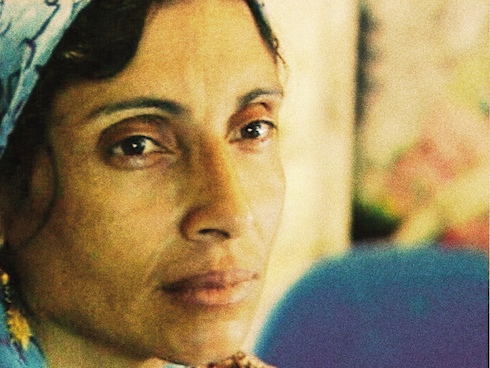Desert Brides

Full Description
In the settlement of Rahat in the Negev Desert, seductively festive wedding images become a portal to women’s struggles with polygamy; close-ups hint at the realities of becoming a first wife, second wife or lover in Bedouin culture. Through wedding photographer Mariam Al-Quader’s eyes, Desert Brides (Best Film, Doc Aviv Festival 2008) reveals rare emotional spaces of women who must compete for value and status relative to the desires of men. There is Miriam Al-Nimer, a strong and independent divorcee, who refuses to become a second wife, yet has fallen in love with a married man. First wife Aliya endures in silence while her heart breaks as her husband diverts time, attention and resources (slaughtered lambs) away from her and their children to Al-Nimer. Meanwhile, the older-generation men passionately endorse polygamy to Al-Quader’s husband, who simultaneously refuses to allow his daughter to marry someone she loves. One third of Bedouin women live in polygamous households fueled by a relentless drive back to religion for minority survival in the larger Israeli culture. Displacement, tradition and survival remain colliding forces for women and children.
Filmmaker Bio(s)
Biograpghy of Ada Ushpiz
Professional Education:
BA in Philosophy and Literature at Tel Aviv University, 1970
BA in film directing at London Film School, 1974
BA in History with director course to a PhD, 1988
1969-99- Reporter in Haa’retz daily newspaper, in the following roles;
Editor of educational section, night editor, head of day desk.
Scriptwriting and Directing – Full Length Films
Documentary films produced by the Israeli television and the Israel Film Institute:
“Laila Shlawit”, 1976
The story of a social worker in secluded villages in the Galilee.
“White Bridge”, 1978
A documentary about the prejudices of the Israeli medical community regarding patients from Arabic countries.
“Four Stories”, 1980
A documentary on Memorial Day.
“Not as Sheep to the Slaughter”, 1986
The story of the uprising at the Bialistock Ghetto.
Director(s)
Country(ies)
Language(s)
Release Year
Festival Year(s)
Running Time
90
Writer(s)
Cinematographer(s)
